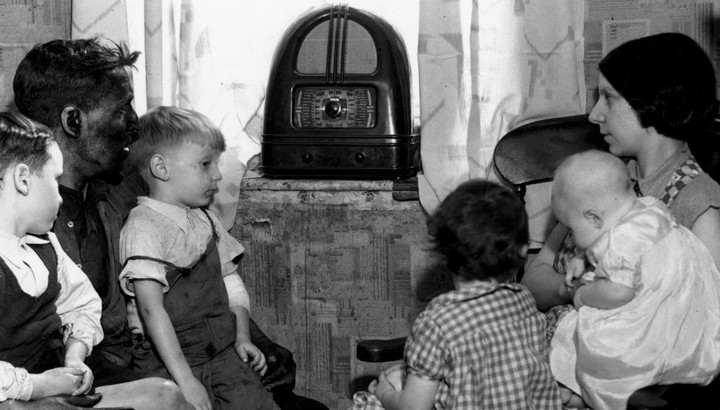Media and Assimilation: Evidence from the Golden Age of Radio (2024)

Abstract
The advent of the radio networks in the early twentieth century marked the inception of the first national media platform in US history. This development coincided with the conclusion of the Age of Mass Migration, a historical period characterized by record-high diversity within the US society. How did the sudden rise of national radio networks affect the assimilation of millions of immigrants in the US? I answer this question by building quasi-random variation in the initial expansion of radio networks coverage. Through the application of a difference-in-difference design and leveraging evidence from diverse samples, I document that higher exposure to radio networks facilitated immigrant assimilation across various outcomes, including higher rates of intermarriage with natives, increased naturalization, and a greater propensity to adopt names that sounded less foreign. Additionally, I find that exposure to radio networks led to enhanced English proficiency among recently arrived immigrants. I argue that a key channel of assimilation was through the impact of role models on the media. Using data on baseball, I show that immigrants perceived baseball players as media role models of assimilation. Immigrant households were more likely to name their children after baseball players who shared similar ancestral origins to them or who achieved notable success during a season.